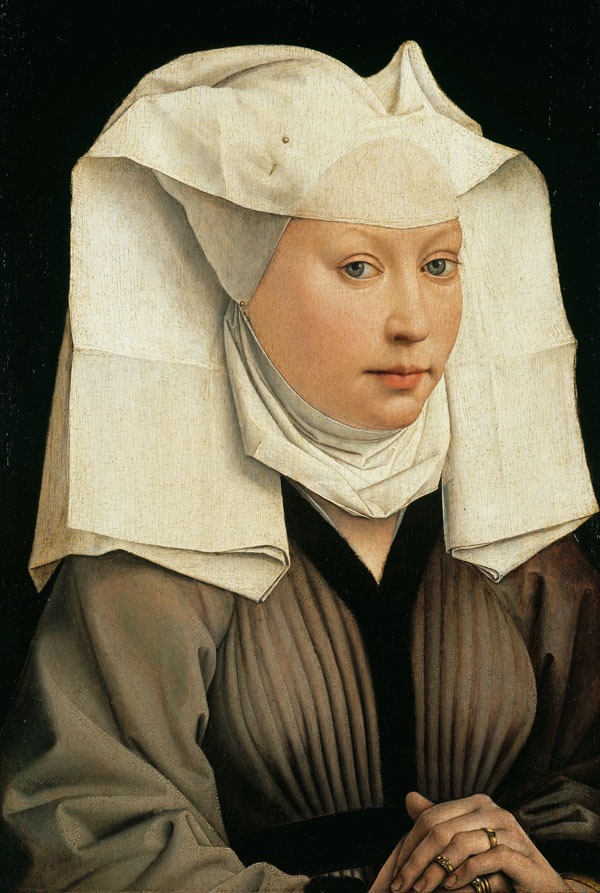May 8 (Lesser Feasts and Fasts 2000)

Of Dame Julian’s early life we know little, the probable date of her birth being 1342. Julian first experienced visions when she was thirty years old. She had been gravely ill and given the last rites; suddenly, on the seventh day, all pain left her, and she had fifteen visions of the Passion. These brought her great peace and joy.
“From that time I desired oftentimes to learn what was the Lord’s meaning,” she wrote, “and fifteen years after I was answered in ghostly understanding: ‘wouldst thou learn the Lord’s meaning in this thing? Learn it well. Love was his meaning. Who showed it thee? Love. What showed he thee? Love. Wherefore showed it he? For Love. Hold thee therein and thou shalt learn and know more in the same’. Thus it was I learned the Love was our Lord’s meaning”.
Julian had long desired three gifts from God: “the mind of his passion, bodily sickness in youth, and three wounds — of contrition, of compassion, of will-full longing toward God.” Her illness brought her the first two wounds, which then passed from her mind. The third, “will-full longing” (divinely inspired longing), never left her.
She became a recluse, an anchoress, at Norwich soon after her recovery from illness, living in a small dwelling attached to the Church of St. Julian. Even in her lifetime, she was famed as a mystic and spiritual counselor and was frequently visited by clergymen and lay persons, including the famous mystic Margery Kempe. Kempe says of Julian, “This anchoress was expert in knowledge of our Lord and could give good counsel. I spent much time with her talking of the love of our Lord Jesus Christ.”
The Lady Julian’s book [Revelations of Divine Love] is a tender and beautiful exposition of God’s eternal and all-embracing love, showing how his charity toward the human race is exhibited in the Passion. Again and again she referred to Christ as “our courteous Lord”. Many have found strength in the words the Lord had given her: “I can make all things well; I will make all things well; and thous canst see for thyself that all manner of things shall be well.”
